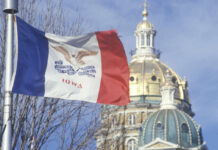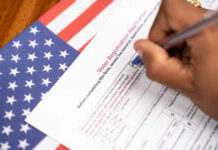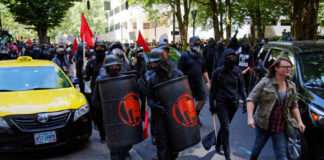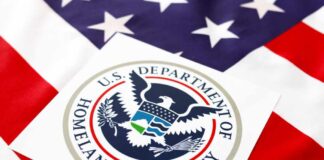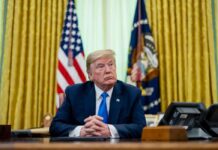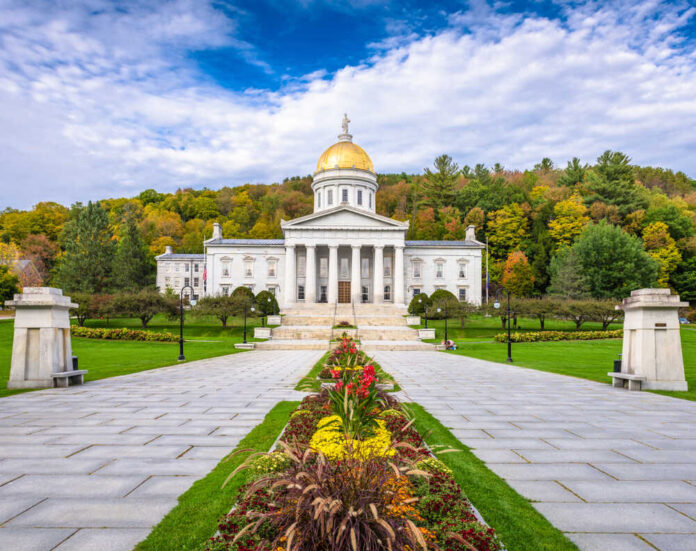
The Supreme Court of Vermont ruled Friday that noncitizens in Montpelier – the state’s capital – may continue to vote in local elections, the Federalist reports.
The court argued that since citizenship requirements only apply to federal elections, noncitizen voters do not violate the state’s Constitution.
“The statute allowing noncitizens to vote in local Montpelier elections does not violate Chapter II, § 42 because that constitutional provision does not apply to local elections,” the Supreme Court wrote.
Montpelier City Council President Jack McCullough celebrated the ruling.
“We are gratified that our choice to welcome participation by all members of our community has been upheld by the Supreme Court,” McCullough said.
“Our Declaration of Independence says that governments derive their just powers from the consent of the governed, and I believe that includes all our residents. I hope this will encourage more eligible voters to register, vote, and fully participate in our democratic institutions.”
Rep. Claudia Tenney (R-NY) tweeted out the news, vowing to ban noncitizen voting in the new Congress.
BREAKING: The Vermont Supreme Court just ruled that non-citizens CAN VOTE in our elections.
We cannot stand by and allow the Democrats to further erode our election safeguards.
The #ElectionIntegrityCaucus will work to pass legislation BANNING non-citizens from voting.
— Rep. Claudia Tenney (@RepTenney) January 23, 2023
According to the Federalist, the city voted in 2019 to allow noncitizens a ballot as long as they were in the United States legally. A year later, the city of Winooski also did the same.
The Federalist reports:
“In 2021, the Democrat-controlled Vermont legislature approved such changes to both city’s municipal charters, over Republican Gov. Phil Scott’s veto. As a result, the Republican National Committee filed two lawsuits asking judges to declare noncitizen voting unconstitutional in those two cities.
While federal law prohibits noncitizens from voting in federal elections for races such as the U.S. Senate or House of Representatives, several jurisdictions across the country, including San Francisco and multiple towns in Maryland, allow noncitizens to vote in municipal elections.
Such a system can cause chaos in local election offices and their administration of elections, as city clerks would have to keep two sets of voter rolls and put in place procedures to distinguish who can and cannot vote in an election that has both federal and local offices on the ballot. This would muddle already messy state voter rolls, especially at a time when confidence in American elections is at an all-time low.”
Ohio and Louisiana have bucked the trend of allowing noncitizens to vote, becoming the latest of eight states to ban the practice.


